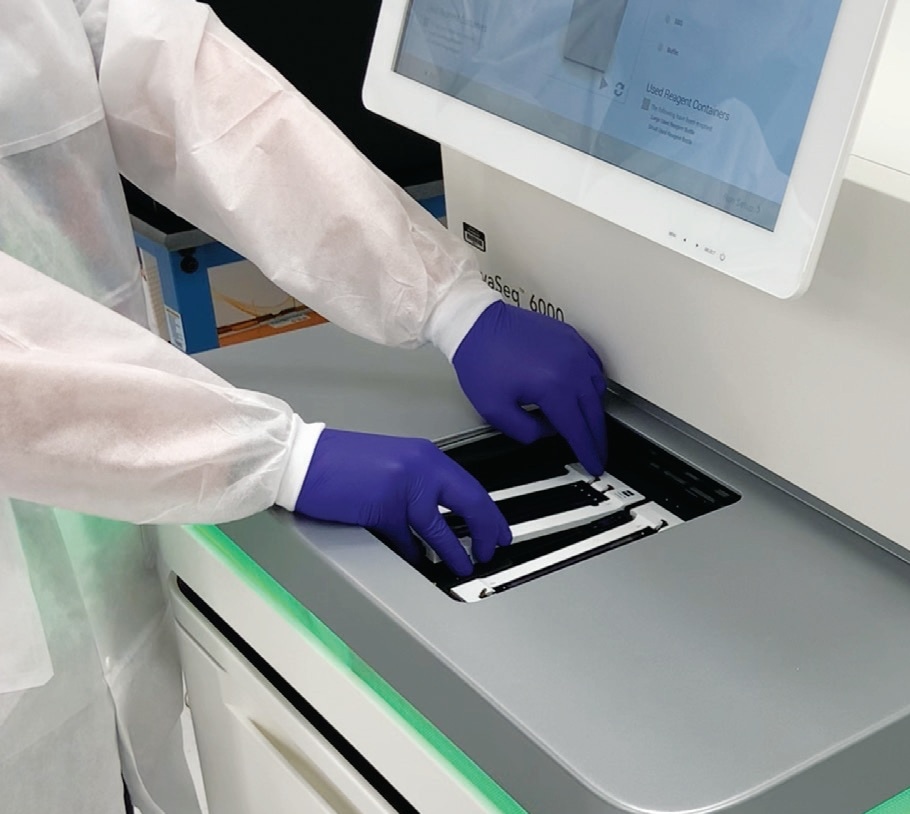Digitize DNA Evidence
with Forensic-Grade
Genome Sequencing®
Developed by Othram, Forensic-Grade Genome Sequencing® or FGGS™ is used by local, state, and federal law enforcement agencies across the United States and internationally to break through previously impenetrable forensic DNA barriers and close previously unsolvable cases.
More forensic genetic genealogy cases have been solved with Othram FGGS™ than any other method.
Othram’s forensic laboratory has been accredited by the ANSI National Accreditation Board to the ISO/IEC 17025:2017 standards for Forensic Testing and Calibration Laboratories, for Single-Nucleotide Polymorphism (SNP) testing utilizing Massively Parallel Sequencing (MPS).
Solve your case
Evidently
advanced.
Unlock Evidence
Access genetic information from forensic evidence that has failed or is unsuitable for testing with other labs and lab methods. This includes highly degraded, contaminated, chemically-damaged, and mixed-source DNA.
Forensic Focused
Evidence processing in an accredited laboratory, from DNA extraction and enrichment & repair, to DNA testing and analysis is performed in-house, with full chain-of-custody, by experienced forensic DNA analysts that have testified in court.
Universally Compatible
Obtain SNP profiles with 100s of thousands of DNA markers, compatible with any genealogy database, with minimum consumption of evidence. Additional tools like KinSNP® & mixture deconvolution help accelerate solves.

The best
case scenario.
Forensic evidence will degrade over time. Don't lose your evidence or allow it to be destroyed by inadequate testing or inexperienced consultants. We work with forensic professionals, medical examiners and law enforcement globally to achieve results the first time, even when other approaches have failed. Learn how Othram and our accredited laboratory can help you solve your case and support you from crime scene to courtroom.
Solve your case